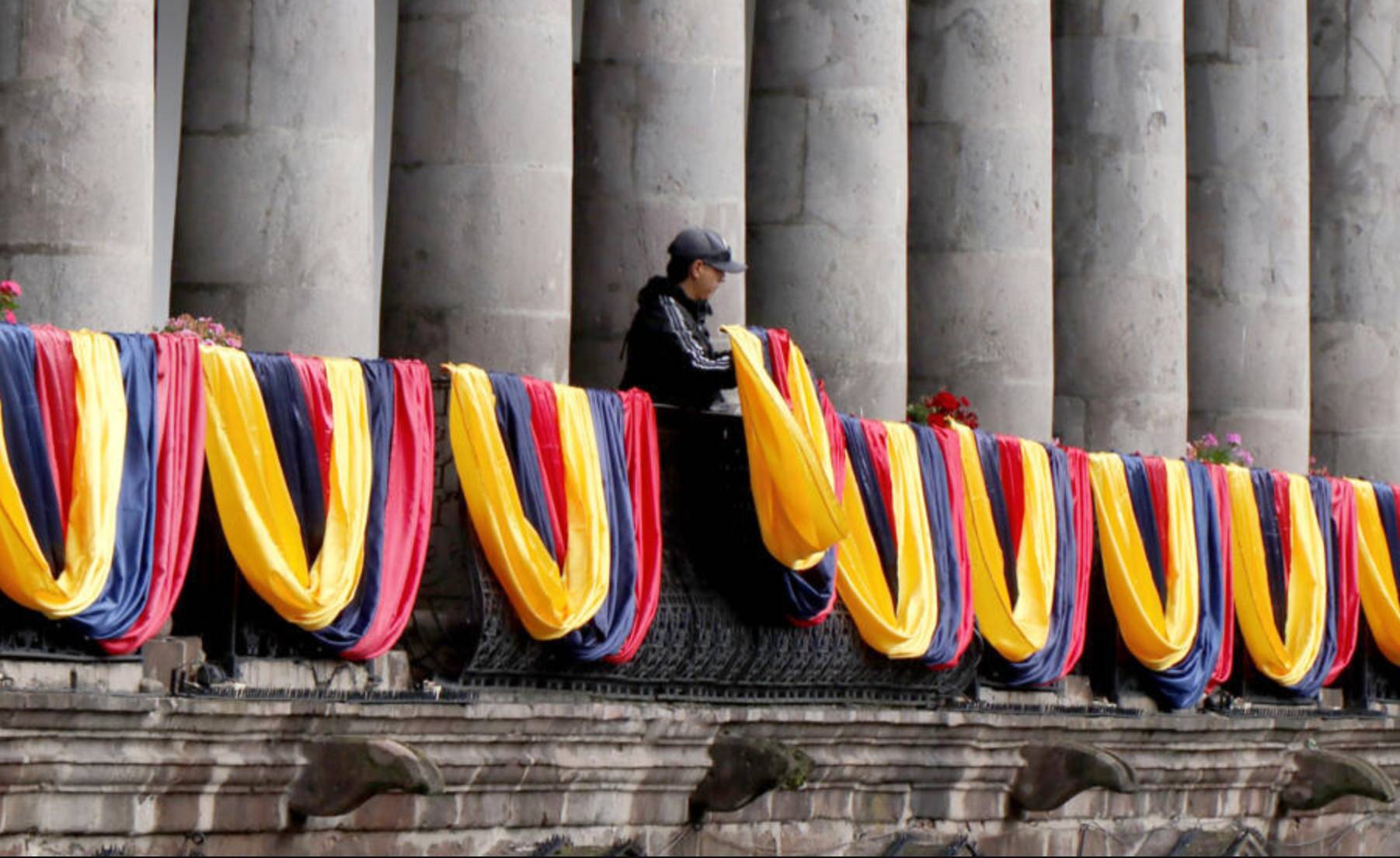Ecuador is going through a critical moment marked by growing distrust in the state and its leaders. Elections are no longer considered an opportunity for political renewal but instead generate uncertainty. The instability, reflected in the constant changes of presidents since 1979, reinforces the perception that the 2025 electoral process is unlikely to bring real change. In these elections in Ecuador, with 16 candidates, many of them presenting similar proposals and having less than 5% popular support, the electorate faces unconvincing options. This fragmentation reveals a weak political culture, lacking party cohesion or genuine representation.
The recent political crisis, marked by a mutual death and a short-term government focused on re-election, has deepened this skepticism. In this context, voting is seen more as an obligation than a right, reducing active participation. Promises of change seem empty, while trust in Ecuador’s political system continues deteriorating.
Political culture, understood as the set of values, beliefs, and attitudes of citizens toward the system, is key to democracy. According to experts Gabriel Almond and Sidney Verba, a strong political culture requires coherence between citizens’ beliefs and the actions of their leaders. In their comparative politics studies, they argue that democracies depend on active participation, where voting is just one part of political engagement.
In Ecuador, the lack of a consolidated political culture is reflected in low active participation, reinforcing a cycle of distrust and instability. Without a political culture that promotes dialogue, transparency, and accountability, Ecuador will remain trapped in a cycle of distrust that prevents a stable democracy.
Political Instability: A Recurring Phenomenon
Political instability in Ecuador has been evident in the interruption of presidential terms. From 1979 to 2023, five presidents did not complete their mandates, revealing a persistent institutional crisis. This situation has created uncertainty, weakening the relationship between leaders and citizens and, in turn, eroding the strength of democratic institutions.
The government of Alianza País, led by Rafael Correa (2007–2017), provided a perception of stability compared to previous administrations. However, corruption cases and his polarizing style eroded public trust. This led to internal fragmentation that weakened the movement and distanced younger generations. The subsequent governments failed to establish a similar sense of stability despite attempting to differentiate themselves. More recently, security, energy, and economic crises have further widened the disconnect between the state and its citizens.
Disconnection Between Citizens and Leaders
The gap between citizens’ political beliefs and the actions of their leaders is a key factor in Ecuador’s political crisis. This is especially evident in the growing disinterest among young people aged 18 to 30. According to the National Institute of Statistics and Censuses (INEC), only 25% of this group actively participates in political processes beyond voting, demonstrating a lack of trust in traditional parties.
Political disengagement is largely due to poor representation and the perception that electoral promises do not lead to real change. The absence of authentic leadership and the inability to bring about transformation deepen disillusionment, especially among young people. Despite some candidates’ attempts to engage with them, many still see politics as a field reserved for experts. Elections in Ecuador have become an exercise in “political survival,” where people vote for the “least bad” option rather than concrete and viable proposals, perpetuating the crisis of representation and distrust.
Against this backdrop, the country’s political landscape ahead of the next presidential elections in Ecuador is marked by uncertainty and skepticism. While a portion of the electorate still hopes for change, the majority remains apathetic or disillusioned. This disengagement, particularly among young people, highlights the lack of a strong political culture that demands the implementation of campaign promises into tangible actions.
Political engagement does not end at the ballot box; rather, it begins there. Democracy is not sustained solely by voting but by informed, critical, and committed citizens who care about the country’s future. Demanding transparency, accountability, and the fulfillment of promises is not optional—it is a duty. Ecuador’s future should not be reduced to defending individual interests but should be understood as a collective effort where active civic participation and responsible governance become the true forces of change.
*Machine translation proofread by Janaína da Silva.












